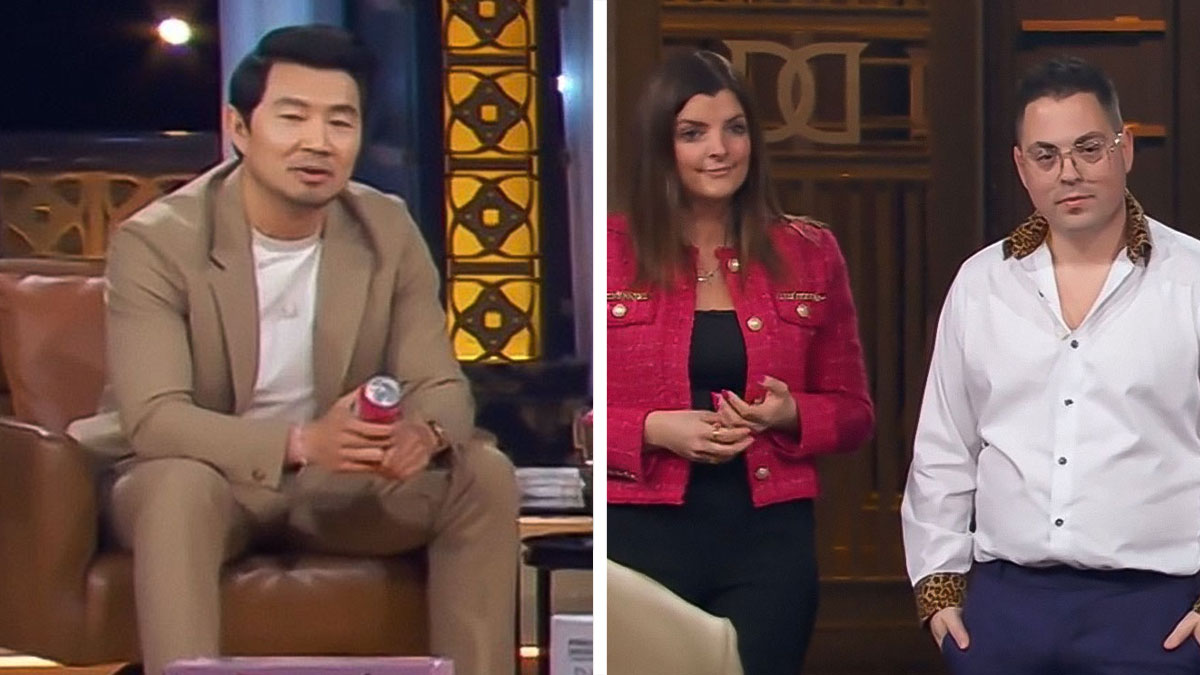
“Cultural Appropriation” Scandal On Dragons’ Den Prompts Threats Against Bobba Entrepreneurs
Interview With ExpertDragons’ Den is facing backlash over cultural appropriation after two white entrepreneurs from Québec, Canada, pitched a “better” version of boba tea. The episode sparked particular disappointment when Manjit Minhas, one of the show’s investors, decided to make an offer despite Marvel actor Simu Liu’s concerns. In response, an Asian activist and a small boba tea business owner exclusively shared their reactions to the controversy.
- Simu Liu criticized a boba tea pitch in an episode of "Dragons' Den," which sparked backlash over cultural appropriation.
- Sébastien Fiset and Jess Frenette, founders of a bottled popping boba and alcoholic bubble tea brand called Bobba, ignited controversy as they suggested a "better" boba tea version.
- Despite Simu Liu voicing his concerns, Manjit Minhas offered to invest in the product.
- Cyn, who owns Bobaly Tea in New Jersey, USA, told Bored Panda that the episode was "really painful."
- Tom Sollitt, a Korean American adoptee and the founder of Asian American Town, explained why Bobba perpetuated cultural appropriation.
In an episode of Canada’s Dragons’ Den, which aired on Thursday (October 10), Sébastien Fiset and Jess Frenette, founders of a bottled popping boba and alcoholic bubble tea brand called Bobba, were seeking $1 million in exchange for 18% of the company.
Taking to the floor in front of dragons (investors) Manjit Minhas, Simu Liu, Michele Romanow, Wes Hall, and Brian Scudamore, Jess announced: “I’m talking about bubble tea.
“That trendy sugary drink you are queued up for and you are never quite sure about its content.”
“Those days are over with ‘Bobba,’” Sébastien added.
Simu, a proud child of Chinese immigrant parents, was immediately taken aback by the pitch and rebutted, “Hang on, hang on. I’m quite sure about its content, but yes, continue.”
Dragons’ Den is facing backlash over cultural appropriation
Image credits: primevideo
Sébastien took over: “We have transformed this beloved beverage into a convenient and healthier ready-to-drink experience.“
The entrepreneurs went on to reveal that they had been “disturbing” the $4 billion boba tea market with three “simple” ingredients—“high-quality tea, fruit juice, and our famous popping boba.”
“Last year we just launched two crazy innovations,” Sébastien continued. “Including the first alcoholic ready-to-drink bubble tea in the world, but also our grab-and-go popping boba.”
The dragons were subsequently invited to taste some of the Québécois entrepreneurs’ products.
“I’ve seen people have tried to bottle it up,” Simu announced as he took a sip from one of Bobba’s bottled boba teas. “It’s very difficult to maintain the flavor.”
Image credits: cbcgem
In response to his fellow dragons asking whether he liked the drink’s taste or not, Simu attempted to explain: “I thought it was fine, but I, you know, I’m concerned about the idea of disrupting or disturbing bubble tea because…”
But before the Barbie star could finish his sentence, Manjit cut him off to argue: “There can be new takes on things.”
Nevertheless, Simu insisted: “There’s also an issue of cultural appropriation. There’s an issue of taking something that’s very distinctly Asian in its identity and quote unquote, making it better, which I have an issue with.”
The 35-year-old actor was consequently met with negative feedback from his castmates, as some suggested that he was getting a little too “heavy.”
“But it’s not an ethical product anymore,” Sébastien furthered his pitch, claiming that the Bobba team had taken the “Asian version” and made it with fruit and juice.
Two white entrepreneurs from Québec, Canada, pitched a “better” version of boba tea
Image credits: cbcgem
The entrepreneurs said that their company would be worth $1 billion in the next five years “because it’s so unique” and that it had ended its second year with $4.6 million in revenue, expecting to make $7 million this year.
Dragon Brian questioned the entrepreneurs about the company’s name, “Bobba,” and whether that could be an issue, to which Simu, visibly annoyed, exclaimed: “They added a ‘B’.”
The Shang-Chi actor went on to open up about his worry: “Clearly you’re doing very well. What respect is being paid to this very Asian drink that has blown up around the world?
“And is it in your teas? Is it in your product development? Who is on your staff who is on your cat table?”
Sébastien replied that Bobba’s best partner was based in Taiwan, where its recipes were being created.
Image credits: cbcgem
“It’s really important for us, so that’s the best part, that’s the cultural part of our product,” he shared.
When the time came for the dragons to either make investment offers or pull out from the pitch, Simu explained: “I am studying your can, and I am looking for anything that tells me where boba came from, and where boba came from is Taiwan.
“You know I started this venture company for a lot of reasons, but really primarily to uplift minority entrepreneurs, and not only do I feel like this is not happening here, but that I would be uplifting a business that is profiting off of something that feels so dear to my cultural heritage.
“I want to be a part of bringing boba to the masses but not like this, so for that reason, I’m out.”
Bobba’s founders ultimately accepted an investment offer from Manjit that fulfilled their initial request of $1 million for 18% of their company.
The episode sparked particular disappointment when Manjit Minhas made an offer despite Marvel actor Simu Liu’s concerns
Image credits: cbcgem
The episode quickly ignited outrage, as a TikTok user commented: “I will definitely be avoiding ‘Bobba.’”
Another person noted: “But the popping bobba part isn’t new?”
Someone else penned: “The fact that it looked like Manjit had an issue with what Simu was saying…truly disappointing.”
A separate individual chimed in: “Simu was 100% spot on! I’m disappointed in the other judges.”
Criticism continued to pour in on social media, as a woman who goes by “Cyn sin Cosplay” commented on CBC Dragon’s official Instagram page: “I own a boba store.
“We brew fresh tea, cook our tapioca fresh, and also offer popping boba. You know what we don’t have red 40, and all those other ingredients.
“But thanks for your healthier version that white people need, so they can feel safer.”
Image credits: cbcgem
Cyn, who owns Bobaly Tea in New Jersey, USA, later told Bored Panda in a conversation on Instagram: “Boba is what I grew up with and it was always black tea, half-half, sugar and tapioca.
“I know some places that do boba on the side at restaurants use powdered boba bases. We do not do that.
“We try to use only fruit jams and brew real teas. We don’t use powdered dairy either.
“My store is in Fair Lawn New Jersey and it’s already an educational process to explain and teach the community what boba is.
“So it’s really painful when they say something like traditional boba ‘you aren’t sure of its contents.’
“I’m sure of what it is. It’s tea. We even make our own syrup with just sugar and water.”
In response, an Asian activist and a small boba tea business owner exclusively shared their reactions to the controversy
@cbcgem This bottled bubble tea business pitches to celebrity Dragon Simu Liu and the rest of the Dragons (📺: Dragons’ Den) #dragonsden#simuliu♬ original sound – CBC Gem
According to Tom Sollitt, a Korean American adoptee and the founder of Asian American Town—an organization that aims to address the physical space-related needs of Asian Americans—Western media has a “love affair” with Asian people from overseas.
He explained: “This comes in the form of accolades for South Korean music groups and cinema while continuing to relegate Asian Americans to side characters.
“Now that we have more Asians in Hollywood I believe that it is getting better but you can see a common thread tying most media that focuses on Asian Americans taking them back to Asia.
“I am not saying that this is an inaccurate portrayal since one of the positive things about being Asian American is having connections to the motherland but at the moment it feels like Asian cinema is carving out its own lane instead of breaking into mainstream media.
“I would beg you to try and make a list of movies or TV shows that feature leading Asian American men or women that are not centered around an Asian narrative.”
Image credits: simuliu
Reacting to the Dragons’ Den episode, Tom told Bored Panda in an email: “It was an entertaining episode.
“Reality TV is meant to attract viewers. The producers probably knew this topic would come up and it would be click-bait worthy but not how it would play out.
“The episode showed an unfiltered example of what happens to Asians who speak up.
“I believe it has had a positive impact by initiating a broader discussion but most importantly unexpected recognition of a common theme used for justifying cultural appropriation.”
As he described Simu’s criticism of Bobba as “respectful” and “honest,” Tom had a different opinion of his castmates: “I believe it reflected what happens when the cameras are off when Asian men in particular assert an opinion.
“It was disappointing but not surprising to see them immediately attempt to dismiss and invalidate his critique.”
Simu, a proud child of Chinese immigrant parents, was immediately taken aback by the pitch
Image credits: simuliu
Tom further suggested that the response of Manjit—an Asian woman of Indian origin—exemplified how marginalized people may support cultural appropriation if it helps them advance in a society that favors the dominant demographic’s preferences.
The activist said that he believed Manjit’s investment came from a “purely capitalistic vantage point.”
“It looks like [the entrepreneurs] are just in it for the cash grab,” Tom added. “And because this episode has been widely publicized it will allow consumers to make a more informed decision on whether this is a company they want to support.”
According to Tom, Bobba perpetuates cultural appropriation rather than cultural appreciation because Sébastien and Jess demonstrated a lack of understanding of the history of Bubble Tea and what made it such an appealing venture in the first place.
“Their use of language was also disrespectful and an attempt to mischaracterize existing businesses by describing their practices as mysterious or shady,” he added.
@simuliusome thoughts on boba/bobba 🧋lets be kind to each other!♬ original sound – Simu Liu
Tom continued: “To be straightforward cultural appropriation is not a new topic. To me, the real issue at hand was the lack of solidarity and support demonstrated by the other investors.
“In particular, the fact that Manjit Minhas, another individual of Asian descent went out of their way to undermine Simu Liu because they saw an opportunity they wanted to take.”
Amid the growing backlash, Simu took to his TikTok page on Saturday (October 12) to express his gratitude for the “massive wave of positivity and support” he had received.
The actor also denounced the “death threats” and “harassment” the Bobba founders had received, stating: “It’s never okay to make threats. It’s never okay to bully and harass online.”
Simu continued: “I don’t mean that, you know, the business owners don’t deserve valid criticism, and I don’t believe that you should not be vocal about your disagreement.
“But, you know, I think we can all agree. Common sense. There’s a line. There’s a line that you don’t and shouldn’t cross.”
An activist told Bored Panda that he believed Manjit’s investment came from a “purely capitalistic vantage point”
View this post on Instagram
The We Were Dreamers author went on to emphasize the importance of raising cultural awareness and said that personal safety should never be compromised.
Drawing from his own experience with online harassment, Simu highlighted the mental and emotional toll of internet dog-piling and stressed the need to avoid causing harm.
“I believe that the entrepreneurs of this business came on Dragons Den to pitch a business in good faith,” the Heilongjiang, China native said.
Simu also stated that he believed Sébastien and Jess deserved some “grace,” as their exposure to cultural conversations may have been limited, especially given their French-Canadian background and potential language barriers.
Additionally, the actor defended the show and his “fellow dragons,” explaining that quick reactions on camera could sometimes be misinterpreted due to the fast-paced nature of filming.
View this post on Instagram
He mentioned that the editing process can lead to unfavorable portrayals but emphasized that behind the scenes, everyone was supportive and eager to have meaningful conversations.
The actor concluded: “Let’s critique this idea of cultural appropriation. Let’s talk about it. But, you know, what we’re not gonna do is threaten people’s physical safety and make people feel unsafe.”
Manjit subsequently took to her Instagram page on Sunday (October 13) to post a Reel in which she seemingly read an apologetic message announcing that she had decided to pull out of Bobba’s business venture.
“After more reflection, due diligence, and listening to many of your opinions I will not be investing in Bobba Tea,” the Canadian entrepreneur said.
She continued: “Having said that, I had to turn off commenting on my platforms as it is never OK to send hate and threatening messages to the entrepreneurs.
“I believe wholeheartedly, our cultures are meant to be shared, and this includes food, drink, clothing, dance, languages, and weddings.
“Those of us like Simu and I who have platforms to do so always try to use these platforms to educate and enjoy and explore all cultures.
“It is Cha or Chai depending on where you’re from not Chai Tea, it is Naan notnaan bread.
“Sharing cultures increases understanding and brings peace on earth, something our planet could use.
“Happy Canadian Thanksgiving everyone, together we are better, and I’m thankful for that.”
Bobba has since issued an apology
View this post on Instagram
A slew of people were left unimpressed by Manjit’s message, as an Instagram user commented: “Would you have been more offended if a white person comes up with a ‘better’ version of tika masala?
“You should’ve realized that it was offensive at that time with your fellow ethnic co-host.”
A netizen penned: “Can someone just give the woman the right script? It’s so cringyyyyy haha.”
“Shame on you, as a fellow Asian and part of the minority how could you be so ignorant,” a cybernaut added. “This video is not an apology at all. None of it addresses the mistakes you did.”
A viewer argued: “You’re only putting this lame statement out now because people rightly called you out.
“You should be ashamed of yourself as a South Asian woman not having Simu’s back and understanding his perspective when white-owned companies have capitalized and done the same to aspects of Indian culture and practices like yoga, ashwagandha etc.
“But I guess as long as your pockets are lined, you don’t really care about appropriation. And your whole chai/naan piece was pointless.
“Don’t try to ‘educate’ now when you couldn’t bring that same energy to support Simu’s point. This statement is pathetic.”
View this post on Instagram
Bobba has since released an official statement on its Instagram page expressing regret for unintentionally disrespecting “the community,” while validating the cultural appropriation concerns raised by Simu.
The entrepreneurs explained: “When we said, ‘You’re never quite sure about its contents,’ we were not referring to the traditional bubble tea formula found in specialized shops, nor were we criticizing it.
“We can appreciate that this wasn’t communicated effectively in the episode as English is our second language.
“What we were comparing it to is the other ready-to-drink products like ours found in big box stores.
“On the show, we were presenting our newest Bobba formula, which hasn’t been released everywhere yet.
“In this version, we’ve removed all artificial coloring, flavoring, and preservatives, while maintaining a lower sugar content.
“This is what we were referring to when we mentioned a ‘healthier’ option on the show.”
According to one activist, Bobba perpetuates cultural appropriation rather than cultural appreciation
Image credits: bobbaofficiel
The company went on to apologize for its “misguided” choice of words regarding bubble tea’s cultural significance, explaining that it aimed to celebrate its global popularity.
They clarified that their intent was to introduce new eco-friendly packaging, not to suggest their product was superior to traditional bubble tea.
The entrepreneurs further admitted that they should’ve consulted with their Taiwanese partners to “shape the ways in which we give credit to the cultural roots of bubble tea,” and that they were currently reviewing their marketing strategies.
Moreover, Sébastien and Jess revealed that they would educate themselves about the “impacts of cultural appropriation to ensure we are equipped with the skills to effectively work cross-culturally.”
View this post on Instagram
Bubble tea, also known as pearl milk tea, bubble milk tea, tapioca milk tea, boba tea, or boba, is a tea-based drink that originated in Taiwan in the early 1980s.
Popping boba, also called popping pearls, is a type of “boba” used in bubble tea and was also invented in the 1980s.
Dragons’ Den is a TV show where aspiring entrepreneurs pitch their business ideas to a panel of wealthy investors, known as “dragons,” in hopes of securing financial backing.
The dragons are successful businesspeople who use their own money to invest in promising ventures.
Each entrepreneur presents their product or service, and the dragons ask questions, negotiate, and decide whether to make an offer.
Bored Panda has contacted all parties involved in the story for comment.
The episode continued to draw negative feedback from viewers
Poll Question
Thanks! Check out the results:
27Kviews
Share on FacebookExplore more of these tags
I know boba/bubble tea/pearl tea was created in Taiwan, about 40 years ago. However, in my little part of the world it has become disassociate with Taiwanese culture. The people selling this drink are not Taiwanese. This happens with all sorts of products. An item is popular in a place, and is taken to new areas. Tastes are a little different and recipes change to meet the demands of the locals. It's been this way of centuries.
I don't understand this one. Bubble tea is junk food from the 80s, it's not a sacred ritual. It has Taiwanese oeogis, but spread to North America within bfew years. The food industry is full of people being inspired by what they eat/drink, food history is complicated and multilayered. . I just don't see how this is different from a Canadian restaurant servicing the south Asian inspired dish Chicken Tikka Masala which was invented in Glasgow in the 70s. Or the millions of variations on Jello Pudding pops around the globe, or selling Hawaiian pineapple (non native plant) I do think we need to take cultural appropriation seriously, but this isn't it.
I am genuinely curious to hear what your definition of cultural appropriation is.
Load More Replies...I know boba/bubble tea/pearl tea was created in Taiwan, about 40 years ago. However, in my little part of the world it has become disassociate with Taiwanese culture. The people selling this drink are not Taiwanese. This happens with all sorts of products. An item is popular in a place, and is taken to new areas. Tastes are a little different and recipes change to meet the demands of the locals. It's been this way of centuries.
I don't understand this one. Bubble tea is junk food from the 80s, it's not a sacred ritual. It has Taiwanese oeogis, but spread to North America within bfew years. The food industry is full of people being inspired by what they eat/drink, food history is complicated and multilayered. . I just don't see how this is different from a Canadian restaurant servicing the south Asian inspired dish Chicken Tikka Masala which was invented in Glasgow in the 70s. Or the millions of variations on Jello Pudding pops around the globe, or selling Hawaiian pineapple (non native plant) I do think we need to take cultural appropriation seriously, but this isn't it.
I am genuinely curious to hear what your definition of cultural appropriation is.
Load More Replies...
 Dark Mode
Dark Mode 

 No fees, cancel anytime
No fees, cancel anytime 






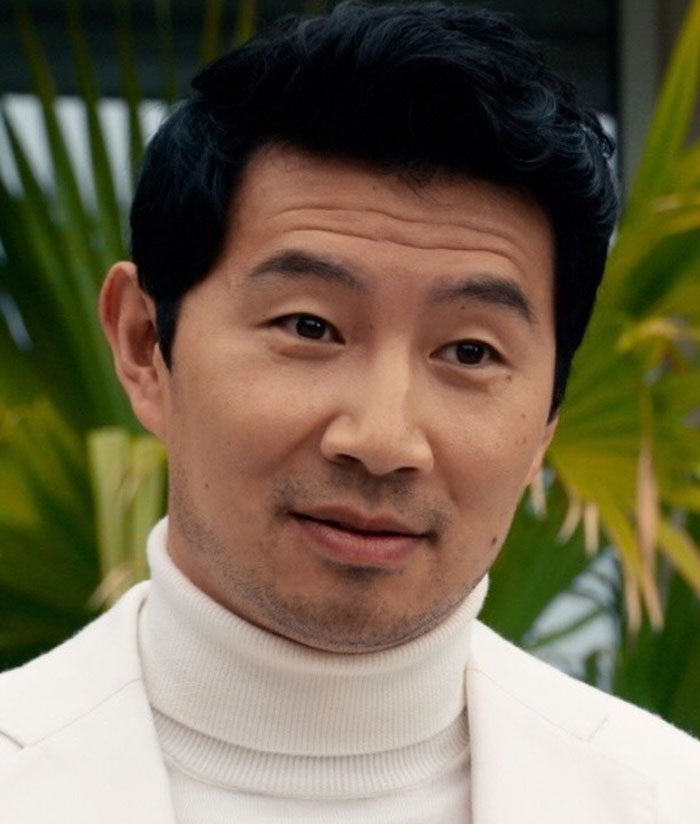
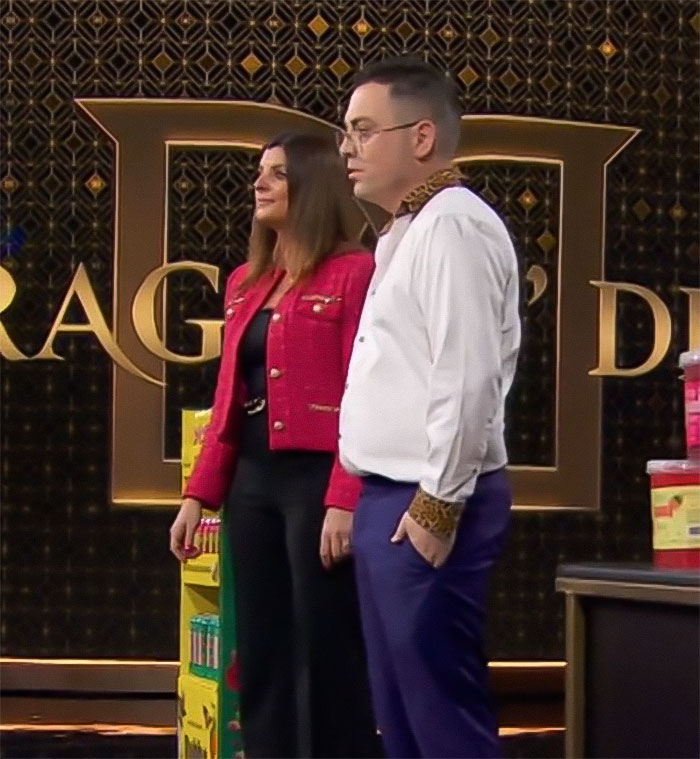
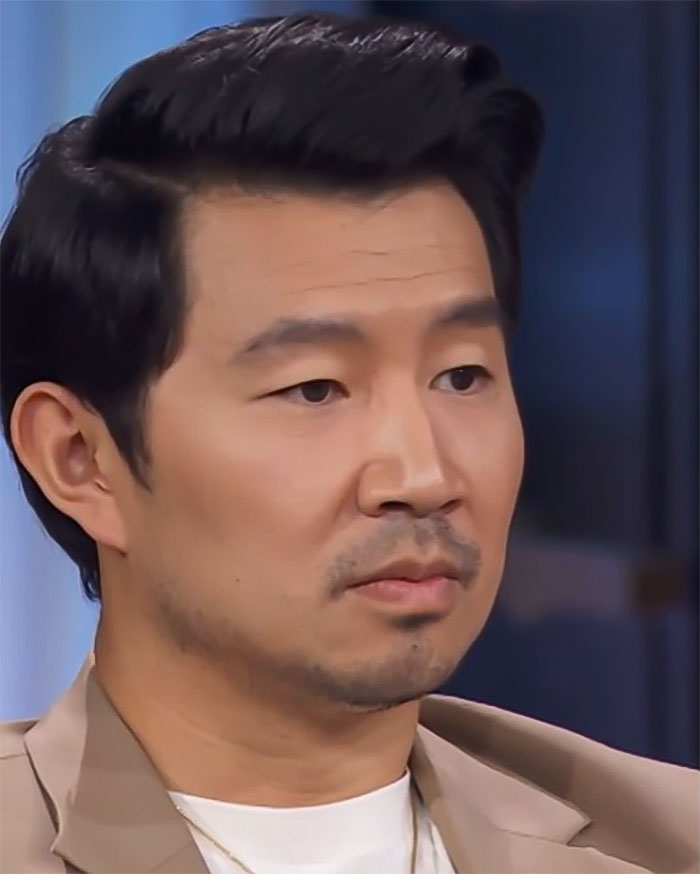
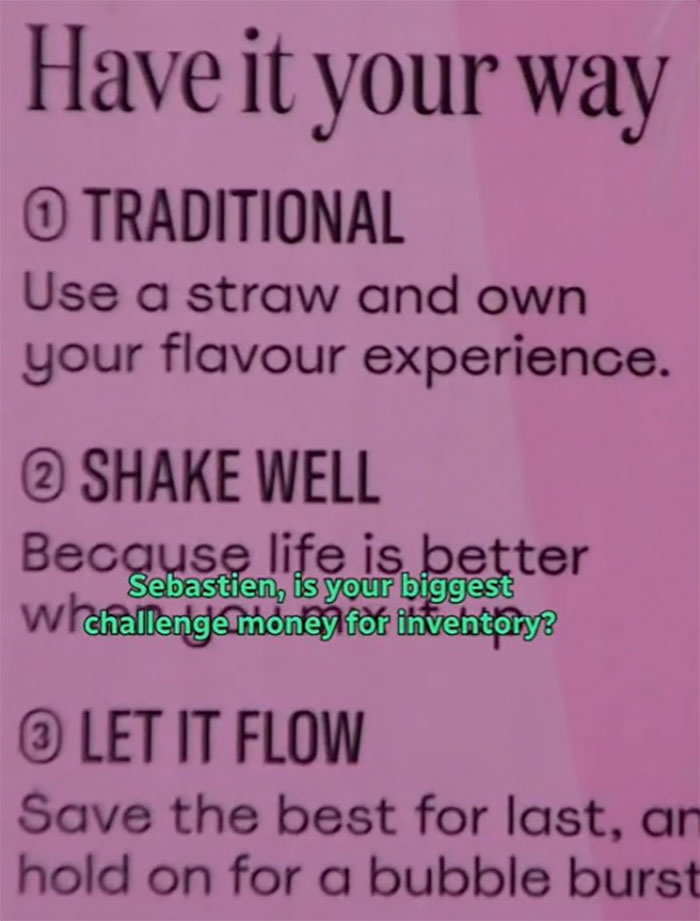
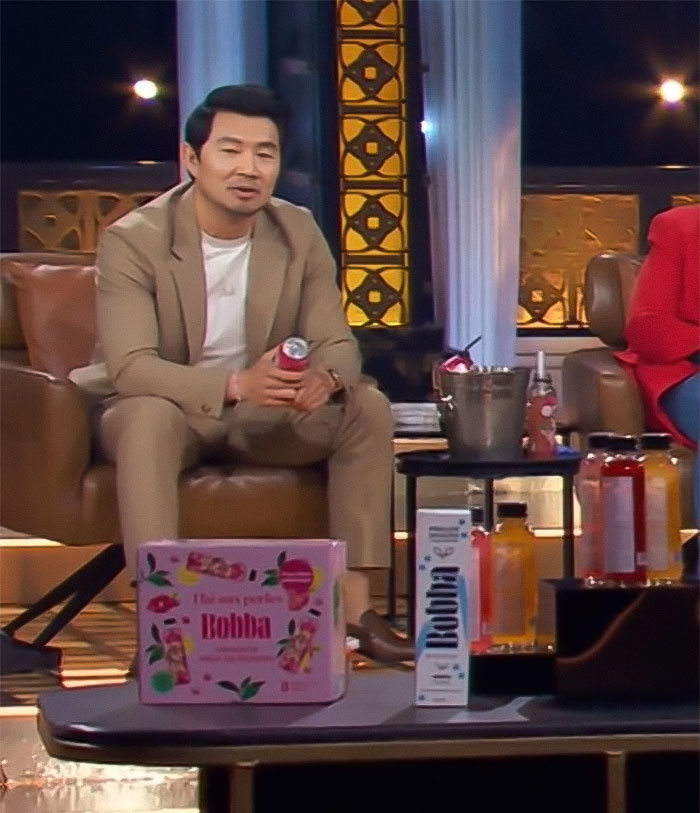
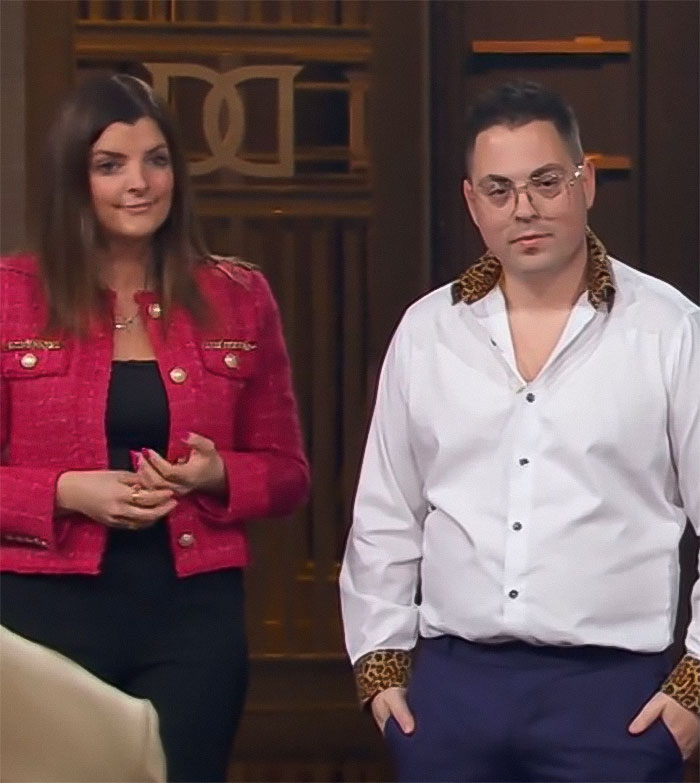
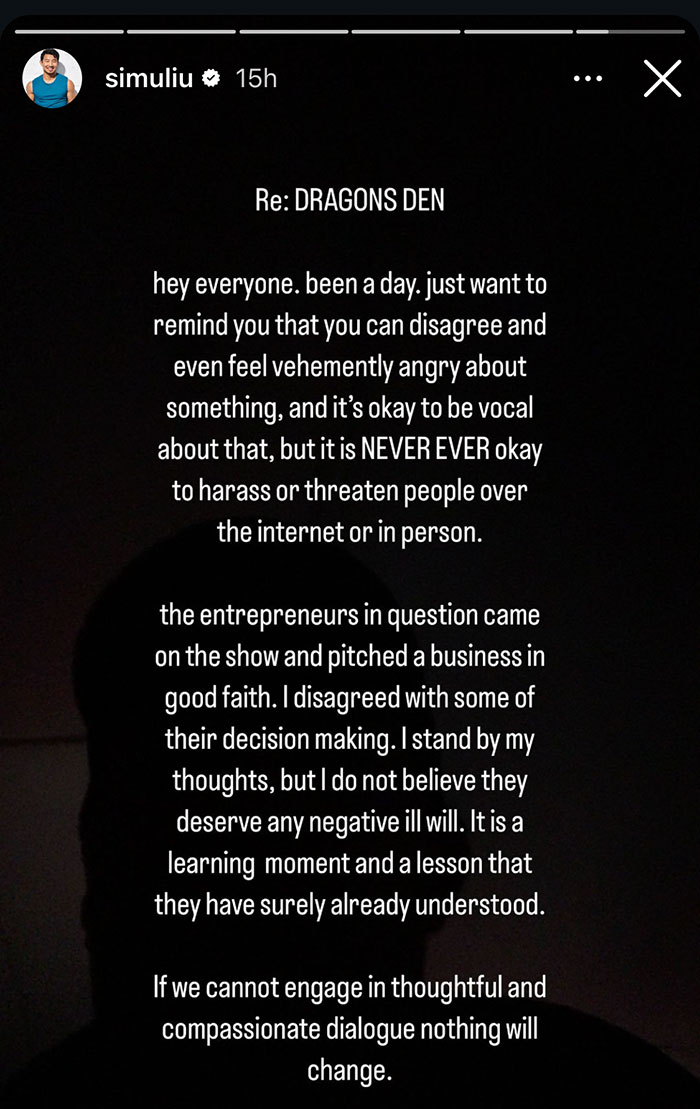
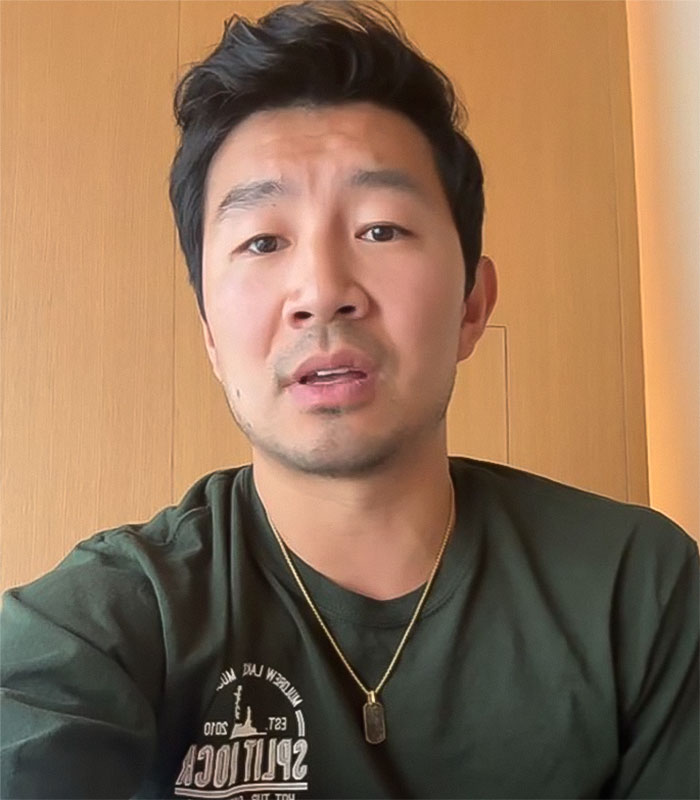
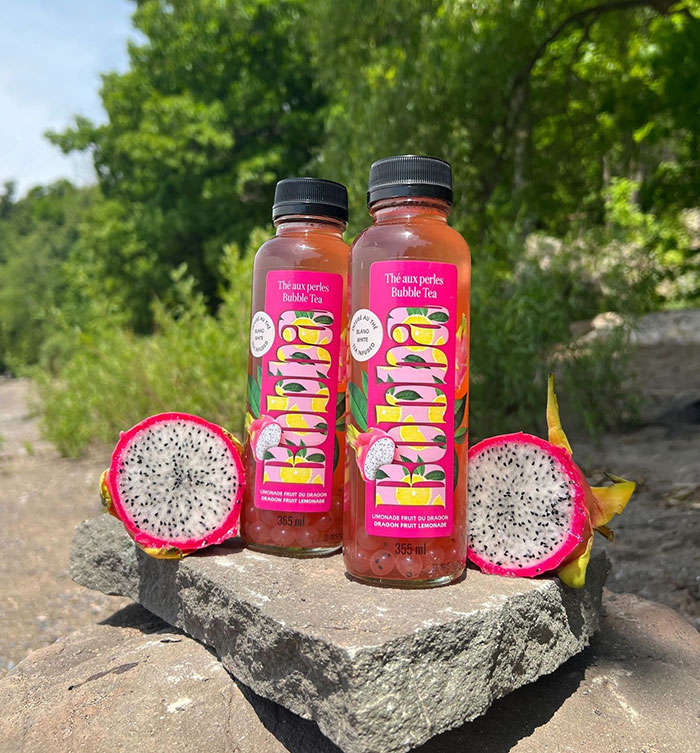






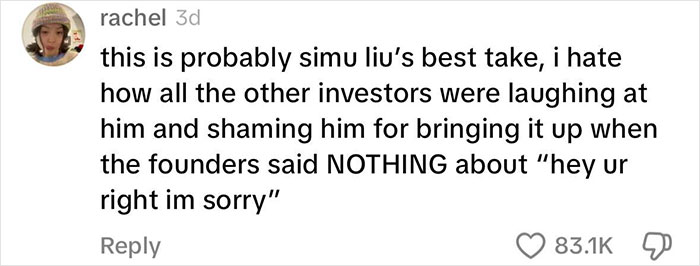
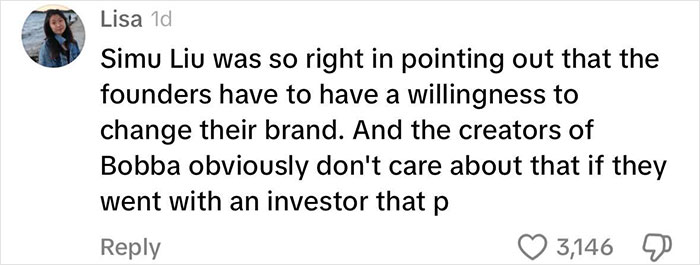



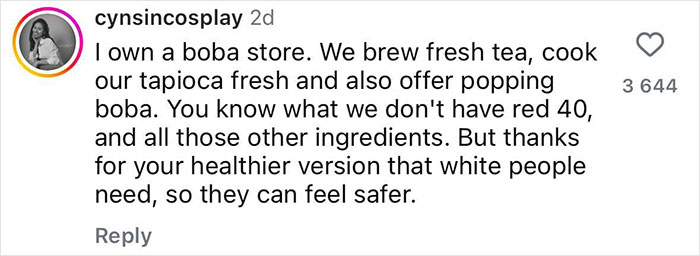











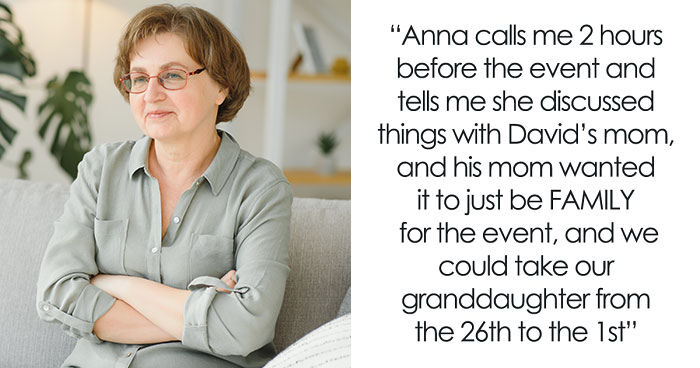
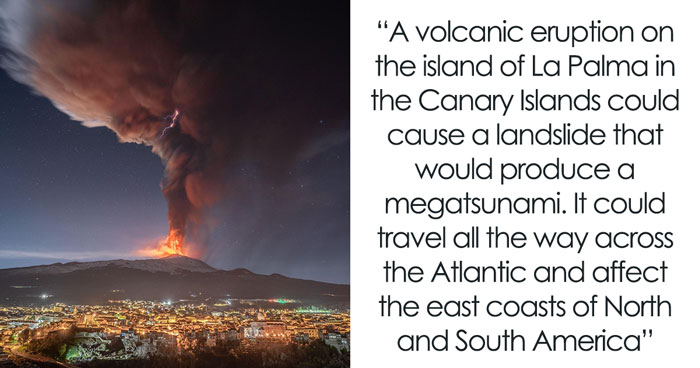

































5
29